Remember Obama’s two-year salary freeze he imposed on federal workers? Well, as part of his FY 2013 budget, Obama plans to end the pay freeze and offer salary increases to federal workers. It is in this context that CBO published a report showing that federal workers still earn more than their counterparts in the private sector.
While it is clear that many federal workers (but not all) work hard for their money, it is also clear that they should not be earning more than those who pay their salaries. It is simply unsustainable for government workers to be earning more than their counterparts in the private sector.
Yesterday, CBO published a report showing that on average, government workers are paid more than those in the private sector with similar jobs and qualifications. Here are the pertinent findings of the report:

- Overall, federal civilian employees receive total compensation 16% higher than their private-sector counterparts;
- Federal civilian employees receive 2% more in cash wages than private-sector employees;
- The most significant advantage comes in the form of benefits, where federal civilian employees enjoy a 48% advantage over their private-sector counterparts. Also, workers with no more than a high school education enjoyed the largest advantage over their private-sector counterparts. The only workers who fare better in the private sector are those with post-graduate degrees. Obviously, even with the generous benefits package for government workers, there is a limit to how much one can make. That inherent limit affects the most educated workers.
This is something lost on those who opposed Wisconsin Governor Scott Walker’s public sector compensation reforms. Walker’s major reforms included requiring teachers to contribute 5.8% into their pensions (instead of 0%) and all public employees to pay 12.6% of their health-care premiums. The average private-sector worker with similar education, qualifications, experience, and salary, would walk over glass for those benefits. Yet, the union goons blew up Madison for a month because their benefit package wasn’t 100% free.
The same thing holds true on a federal level. Average benefits were 72% higher for federal employees with no more than a high school education than for their private-sector counterparts. We are slated to spend over $1 trillion just on civilian federal workers’ pensions over the next 10 years. It is these unlimited benefits for federal workers that are more costly and unpredictable than higher wages. CBO notes that they are hard to quantify and predict in the long run.
How in the world can the taxpayers, many of whom receive no pension, support such a scheme? The federal workforce needs to transition from a defined-benefit retirement system to a defined-contribution system. The private-sector might serve as a good example for such reforms.

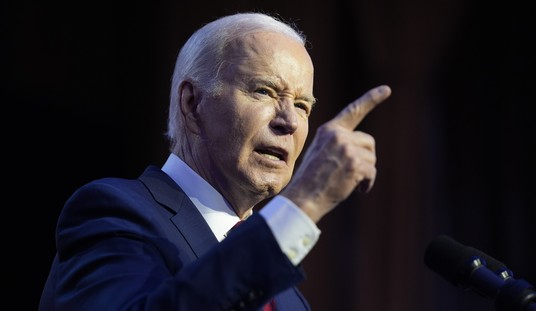
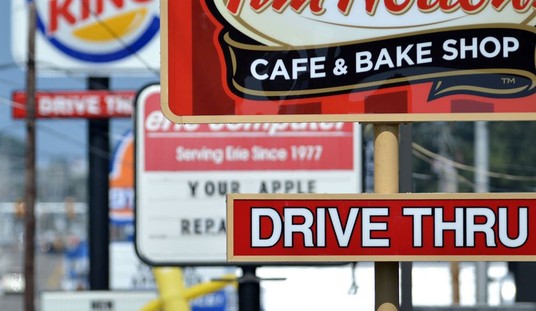
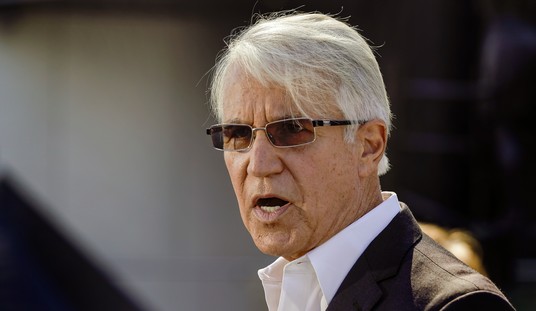



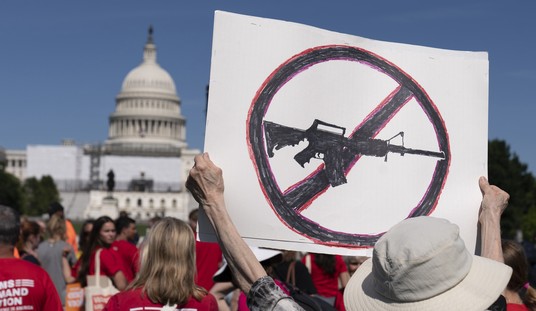
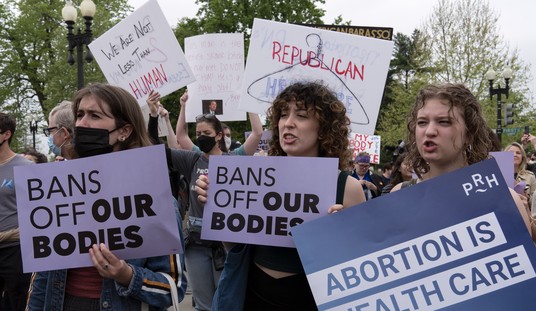
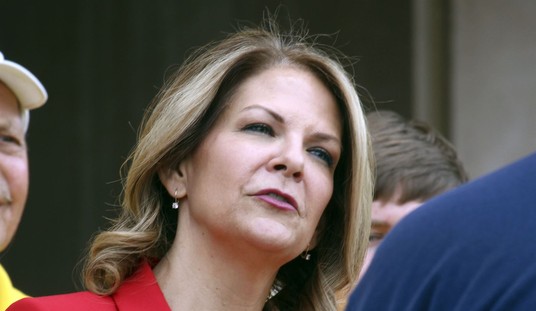




Join the conversation as a VIP Member